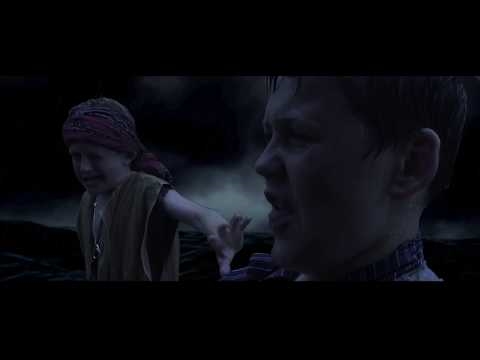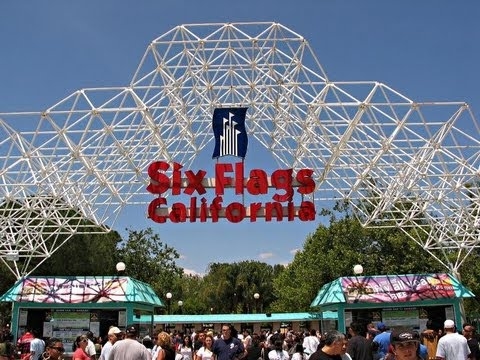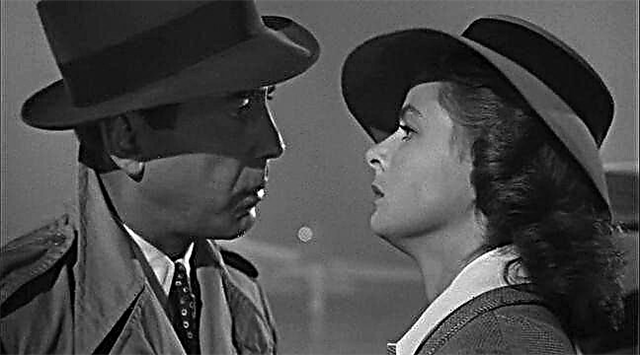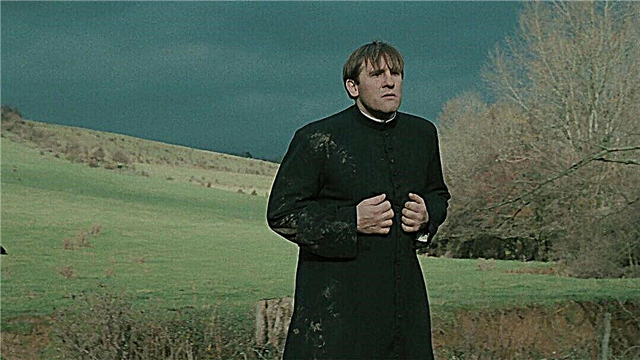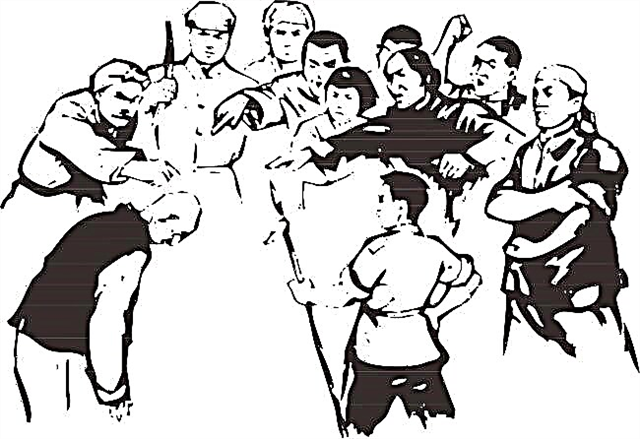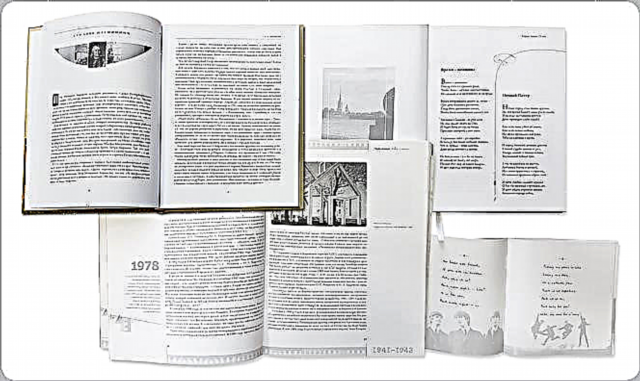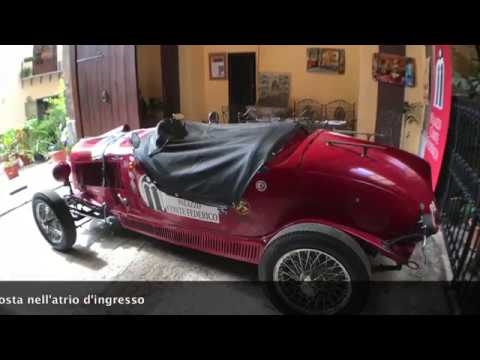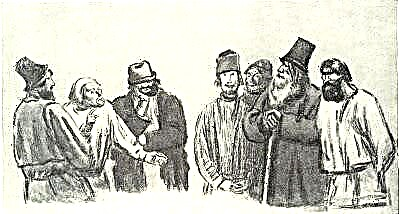Contemporary Russian literature is a book of the turn of the 20th and 21st centuries. The culture and art of our days is usually called the postmodern era. The number of Russian postmodern authors included many talented writers. We have prepared a selection of eight significant names of modern Russian and, in many respects, already world literature.
- Victor Pelevin - this is a mysterious author for the media and the public, who wrote the cult novels “Generation P”, “Chapaev and Emptiness”, “Omon Ra” and others. He was awarded many literary prizes, including The Big Book, The National Bestseller, and The Small Booker. The pen of the classic of modern prose draws surrealistic paintings of the art world, where the post-perestroika space is combined with the mythological space, forming a new chaotic superreality.
- Zakhar Prilepin - author of modern military prose and representative of neorealism, contributing to the approval of a new type of hero in Russian literature. Hero Prilepin comes from the autobiography of the writer. He is a brutal kid, a marginal with many contradictions, one of which is most often the search for God. The author is a laureate of such literary prizes as the Prize of the Government of Russia in the field of culture, Big Book, Super-National Best, as well as a member of the Public Council under the Ministry of Culture of the Russian Federation.
- Lyudmila Ulitskaya - a representative of women's modern domestic prose. The first woman whose novel was nominated for the Russian Booker Award. Ulitskaya’s books, in the center of which are family, children’s, and Christian issues, have been translated into many languages of the world.
- Tatyana Tolstaya - the writer, whose name was included in the list of “100 Most Influential Women of Russia”, won the hearts of readers with a special narrative manner, replete with author's comparisons and metaphors. Tolstaya actively uses the mythical and poetic tradition. The protagonist of her works - the "little man", the sick, the fool - always encounters a harsh reality and reveals his own "I", exposing the existing contradictions in himself and in the world. The visiting card of Tolstoy is the novel “Kys”, written in the original dystopian genre of our generation.
- Aleksey Ivanov - He is the author of a number of books on the Ural land, such as “The Heart of Parma”, “The Cherdyn-Princess of the Mountains”, “Geographer Drunk the Globe,” who turned his work into a sociocultural phenomenon. The promotion of Ivanov’s works influenced the formation of a peculiar brand of the Perm Territory and the development of tourism in it: the ethno-cultural festival “The Heart of Parma” appeared, the documentary “The Ridge of Russia” was shot with Leonid Parfyonov, as well as the familiar film from Ivanov’s book “ The geographer drank the globe. ”
- Lyudmila Petrushevskaya. The work of this writer is regarded as a complex phenomenon in Russian literature. Being a successor of the traditions of A.P. Chekhov, Petrushevskaya writes in the genre of a short story, accessible to every reader. However, her author’s style is characterized by the fusion of many genre and thematic components, which is also typical of post-modern writers.
- Vladimir Sorokin - one of the prominent representatives of the trend of social art in Russian literature. Sorokin’s works are scandalously naturalistic, physiological, ridiculing and parodying the Soviet and post-Soviet device and its leaders. The language of the text of Sorokin is of interest to both researchers and readers. Incredibly complex constructions filled with references, allusions, metaphors in combination with naturalism require a reading effort to get through the external ugly and disgusting narrative to the meaning laid down by the author.
- Mikhail Shishkin. The characteristic features of Shishkin’s work are the fragmentation and polyphonism of the chronotope. His works are built on the principle of a patchwork quilt, where all parts are sewn with a single thread. The author makes the interaction of his characters possible, despite the temporal and spatial boundaries. The specificity of the writer’s prose is attractive in that he himself never manages to indicate the place of action, because "it happens always and everywhere."
Think your favorite author should be on this list? Suggest your options in the comments!


